When Giancarlo Brocci started an event called Eroica in 1997 he had no idea it would morph into the runaway success it is today. It grew from his passion for two things, preservation of the white gravel roads in Tuscany, (the Strade Bianchi) and giving recognition to the bygone era of cycling where technology was arguably less important than the heroic deeds of the riders. Eroica is Italian for “heroic”.
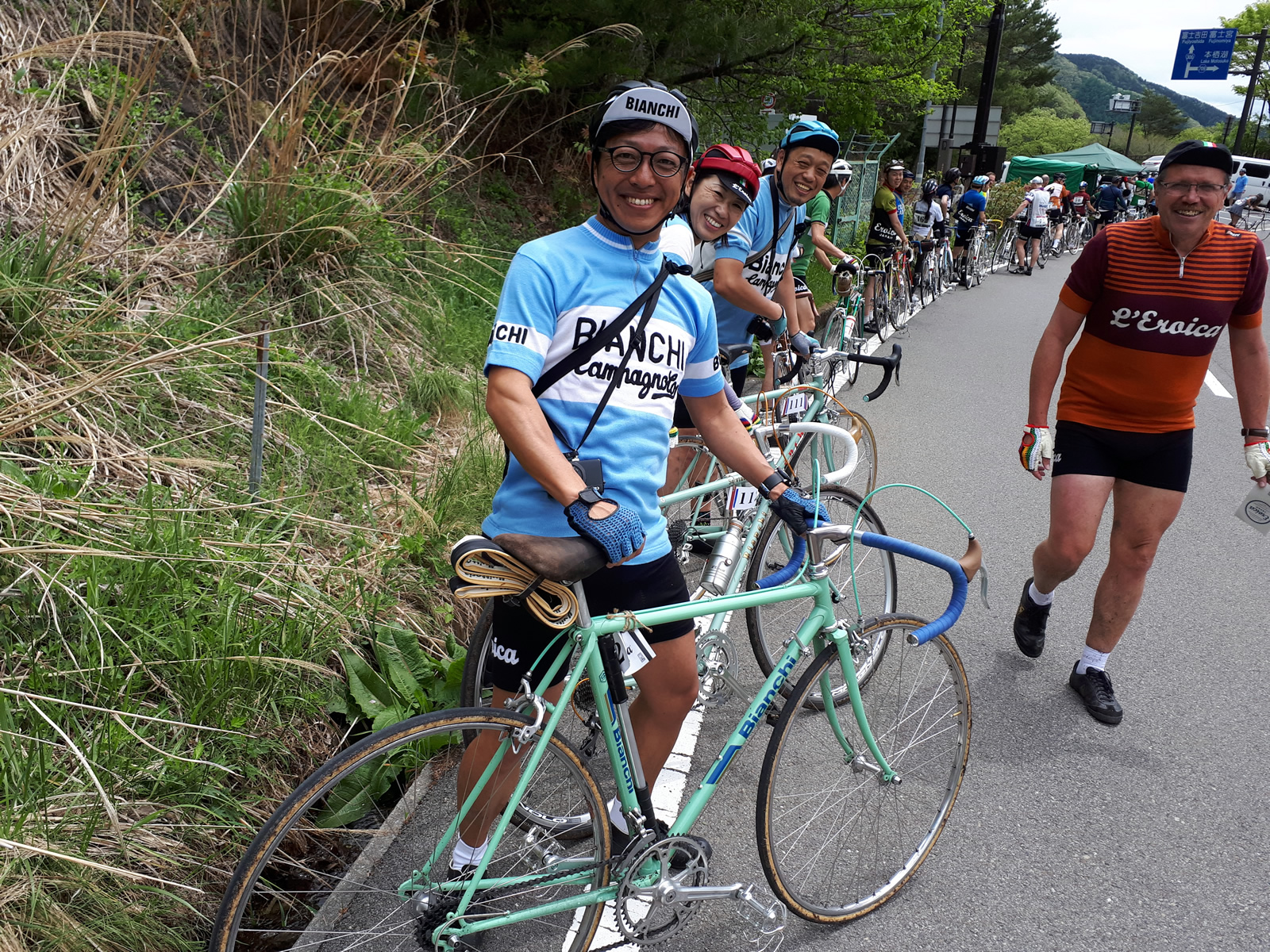
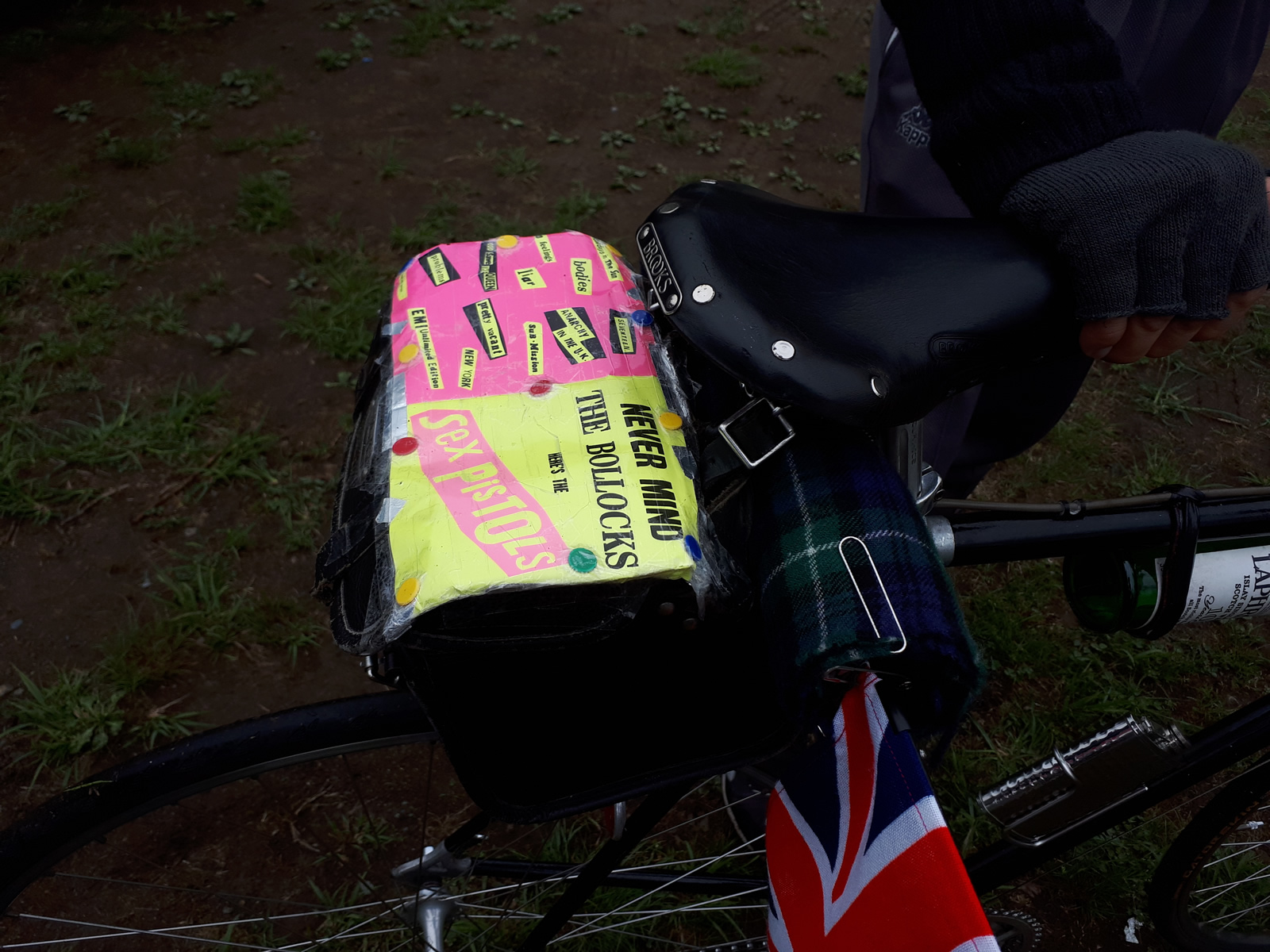
The Eroica rides are now found all around the world, at last count 10 events, from South Africa to Japan. The phenomena has started a revival in interest in the old school steel bikes of yesteryear. There are several categories in Eroica, but to put it simply, the bikes should be steel with down-tube shifters, older than 1987, or at least built in that style.
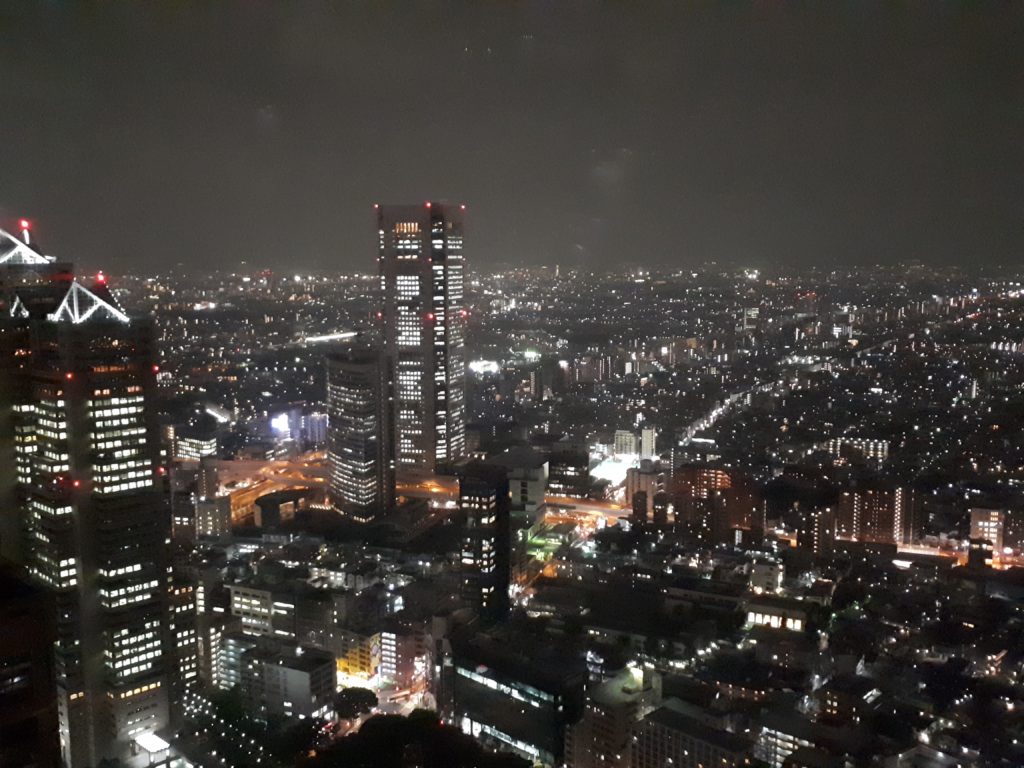
When the Japanese Eroica dates lined up with the potential for a family holiday in Japan, it was a done deal for me. Fortunately my buddy Ray had just given me the Peugeot PX10 that he bought new in Paris in 1974, and it was ripe for restoration.
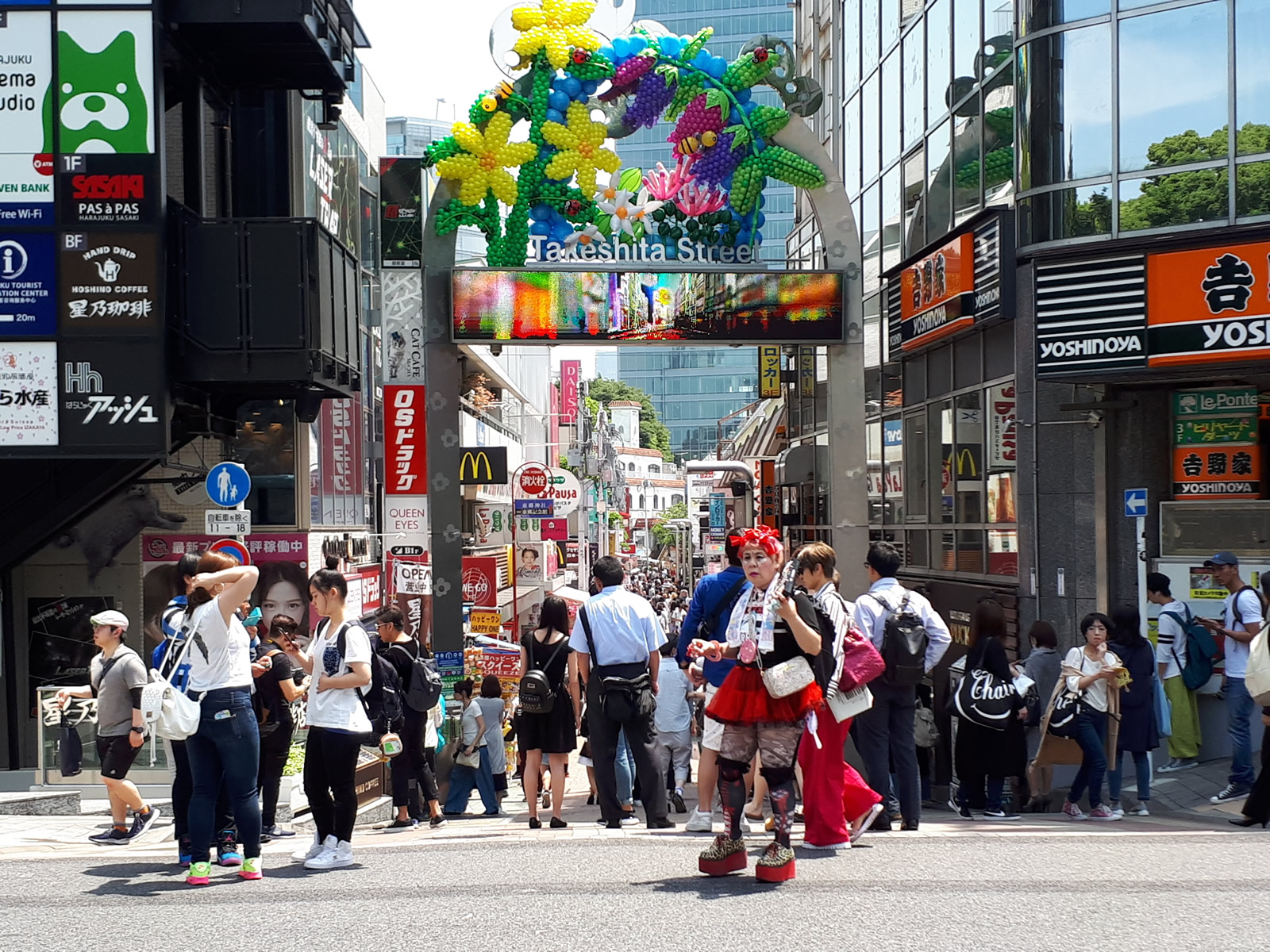
We started our 16 day holiday in Japan from our base in Shinjuku, in the entertainment district of Tokyo. We would leave my bike gear there in the hotel after Eroica as we made our way around the rest of the country. This is always an issue for people bringing a bike in for such an event. Space is in very short supply in Tokyo, so our initial accommodation was based very heavily on them being able to look after my bike while we were away sight-seeing. It was not a problem at E-Hotel Hishagi Shinjuku.
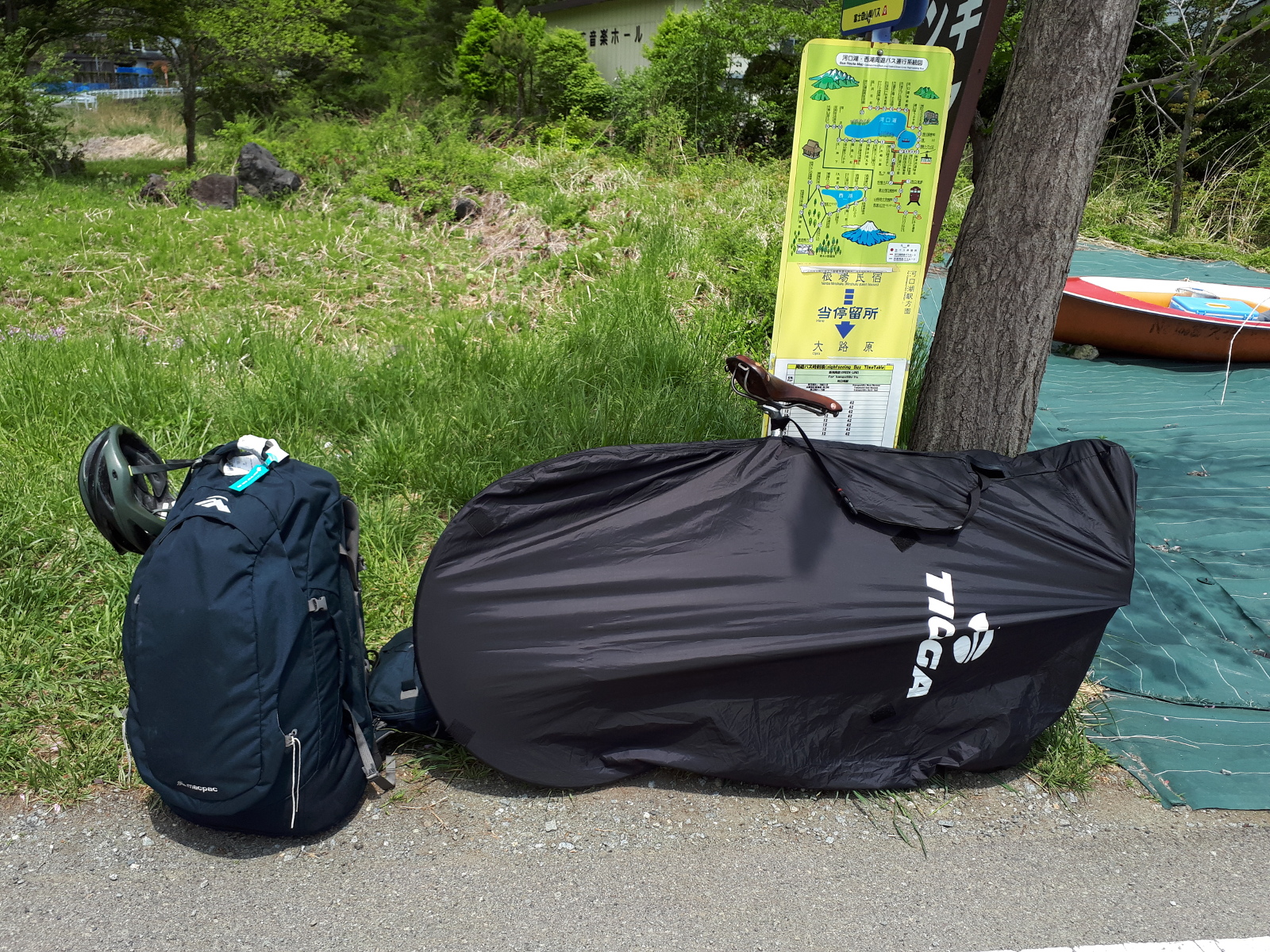
If you are travelling in Japan for any amount of time you would be silly not to get a Japanese Rail Pass. It basically gives you unlimited travel over 95% of the country’s extensive rail network and even the odd Ferry. You will likely get to travel in one of the Shinkansen trains at up to 284 kmh!Eroica is held in the Yamanashi prefecture, at the foot of Mt Fuji. The main town there is called Kawaguchiko, (or FujiKawaguchiko) which we shortened to K-town, because we were lazy. The main Lake is called Lake Kawaguchi, but the accommodation we stayed in, a Ryokan, was on the shores of Lake Saiko near Saiko lyashino-Sato, a traditional village which was recreated after a devastating typhoon induced landslide in 1966. The Ryokan are traditionally styled accommodation with tatami mats and futons for sleeping on with shared washing and toilet areas.
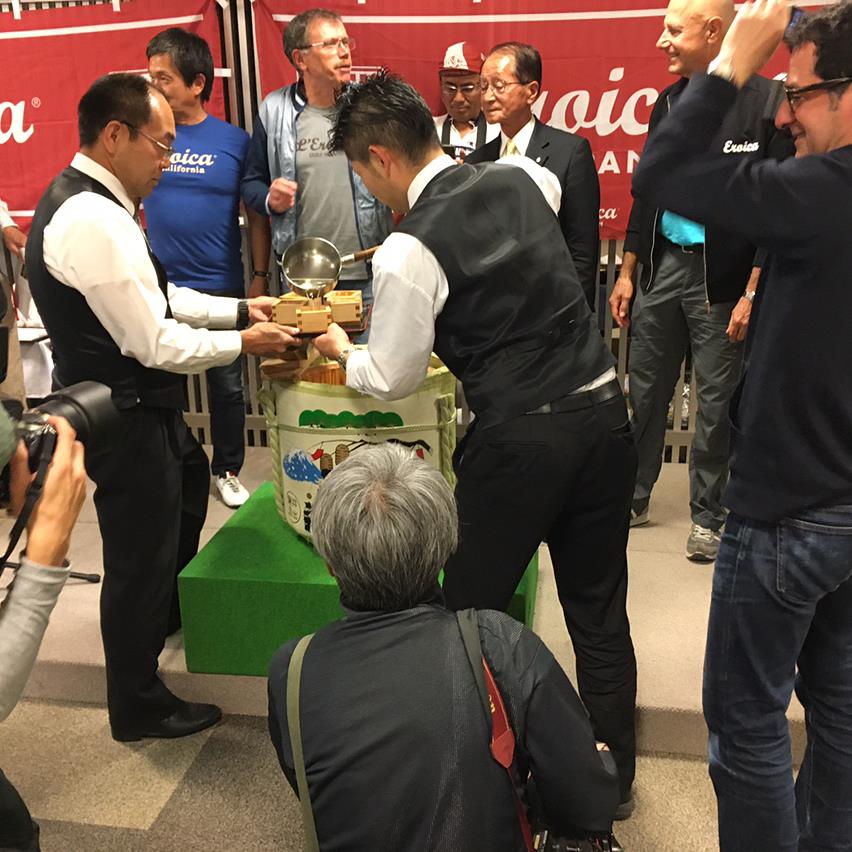

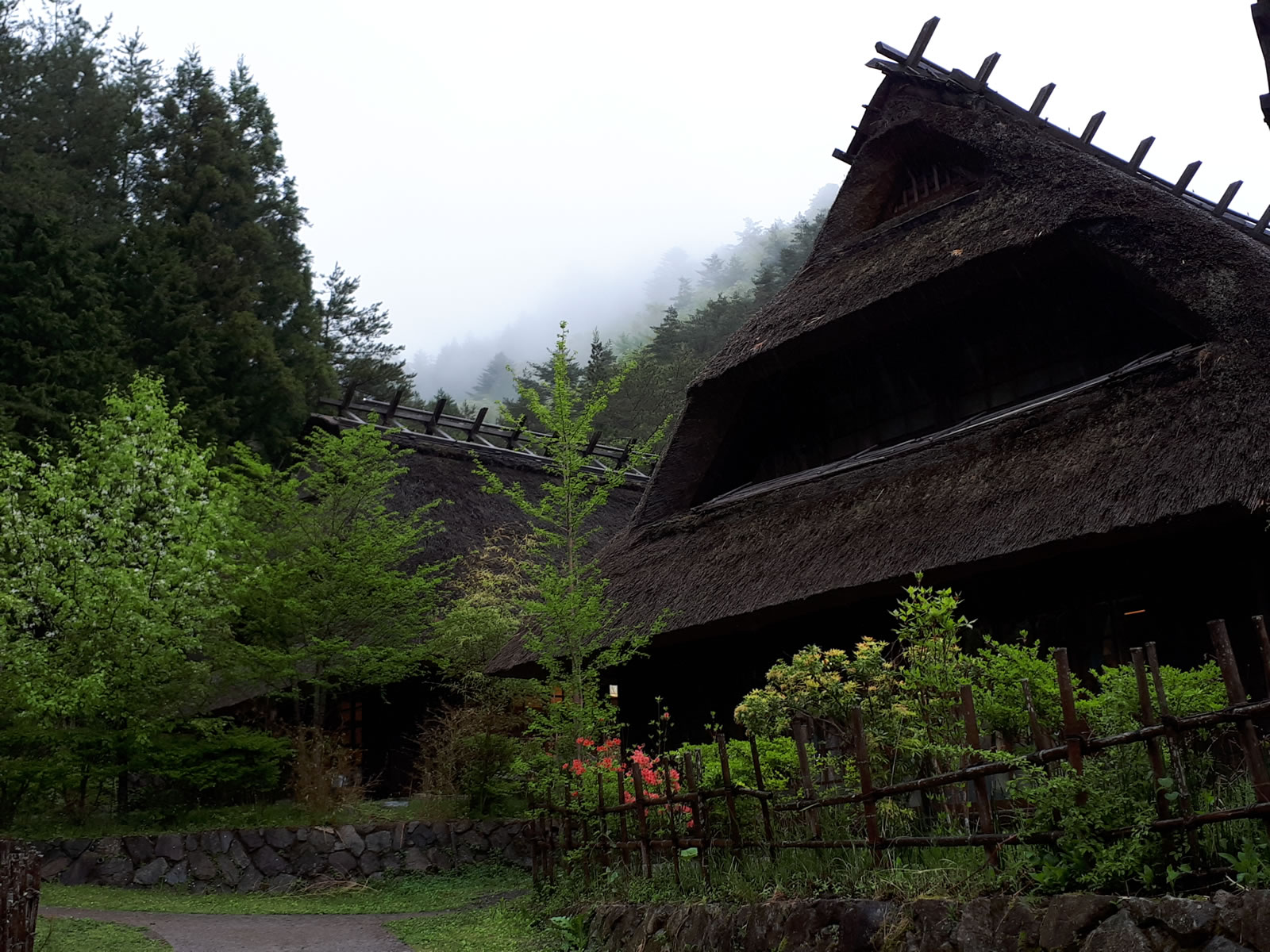
We really enjoyed the Ryokan experience and its proximity to the Eroica HQ and start/finish area was a real bonus. When we signed up online, via the Eroica website we were able to tick the breakfast option which was essential as we had not realised that there were no shops in the area. Dinner is not normally available at our Ryoken but our hosts, 3 generations of one family went out of their way to make a lovely meal for us on our 2nd night, our first night’s meal being the sumptuous buffet at the official Eroica dinner the night before the ride. This was held at the Lake Hotel Saiko, which is the other main accommodation promoted by the Eroica people.
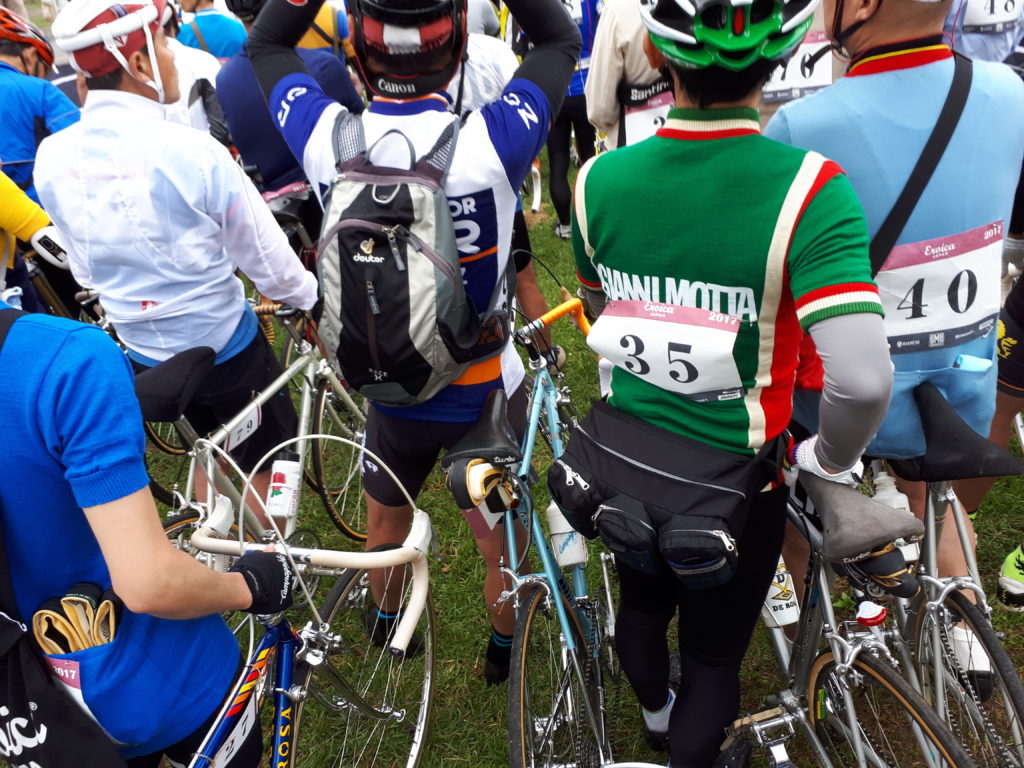
I made a bad start when meeting the 80 year old matriarch running our Ryokan by wearing my shoes in the wrong place, but she eventually forgave me.One of the things that we found to be essential on our travels was our Sakura wifi hotspot. Basically a tiny cellular based device that fits in your pocket. Wifi everywhere you go. I went for the 1.2 gig a day option but even with the two of us using it and watching the Kiwis in the MTB World Cup, we never used more than 600 mb a day.
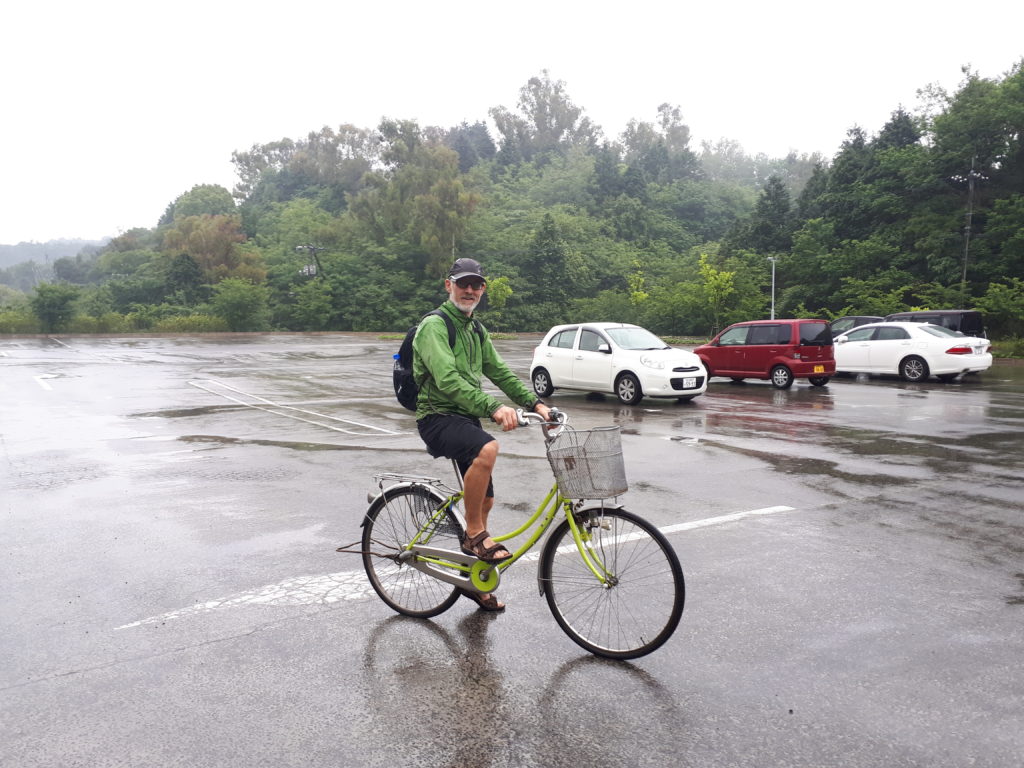
Because we arrived on a train from Shinjuku Tokyo we didn’t really have any transport as such to get us into K-town for supplies or meals. There are very limited options in the Village near the HQ but there are a couple of Tourist Buses that run loops around the lakes every hour. This was how we got back and forward from the K-town train station, where there are very helpful staff with all the relevant tourism info. Remember, Mt Fuji is not far away. If you were staying for a few days a rental car would be the best option for most people. There were also special buses put on by the Eroica organisers to ferry people back and forward from the HQ and Ryokan to the Hotel Lake Saiko which was only about 2 kms away.
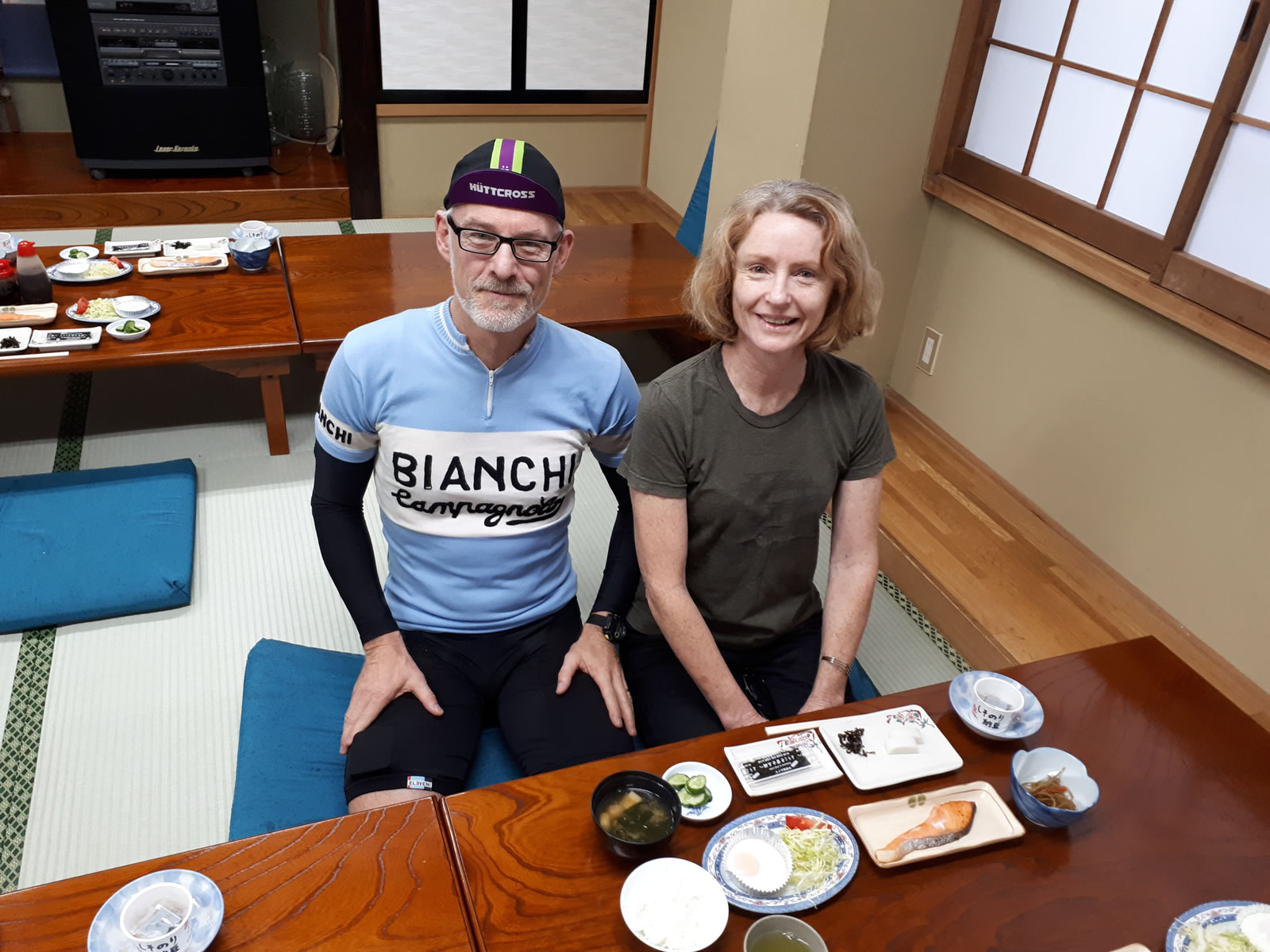
Eroica Japan has been running for 5 years now, initially under a different name, Eiyu, and so far it is still not over-subscribed. With around 350 participants it still has a very friendly feel to it.On the day of the ride Fuji-san was hiding under low cloud and would remain that way until the next day. It just added to the atmosphere, the rugged surrounding hill-side forests jutting out of the mist. In the start area were the same stalls from the sign-in at the gymnasium (HQ) the day before.

Local and international companies were there with the kind of trinkets that appeal to obsessive vintage cycling enthusiasts. The Samarai Bar Tape people had a nice product and there were vintage parts from different eras for sale.
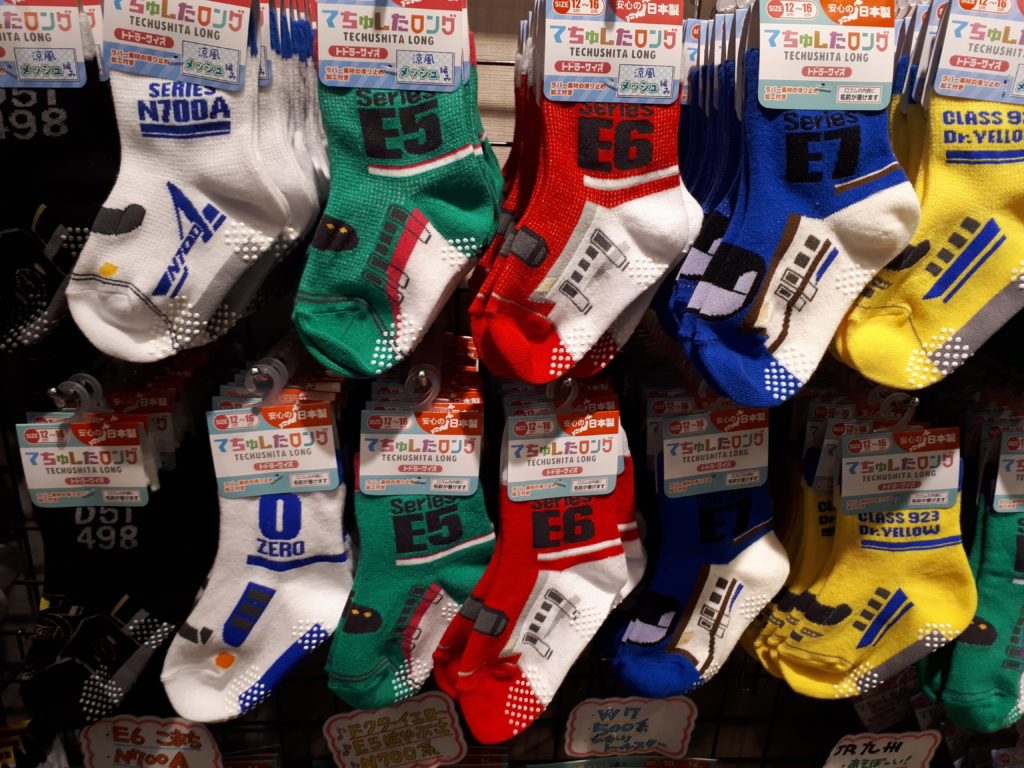
Eroica is not just about the ride, there are also talks and of course the “Concorso d’Eleganza” where the serious collector’s put their bikes out there to be judged by the experts.
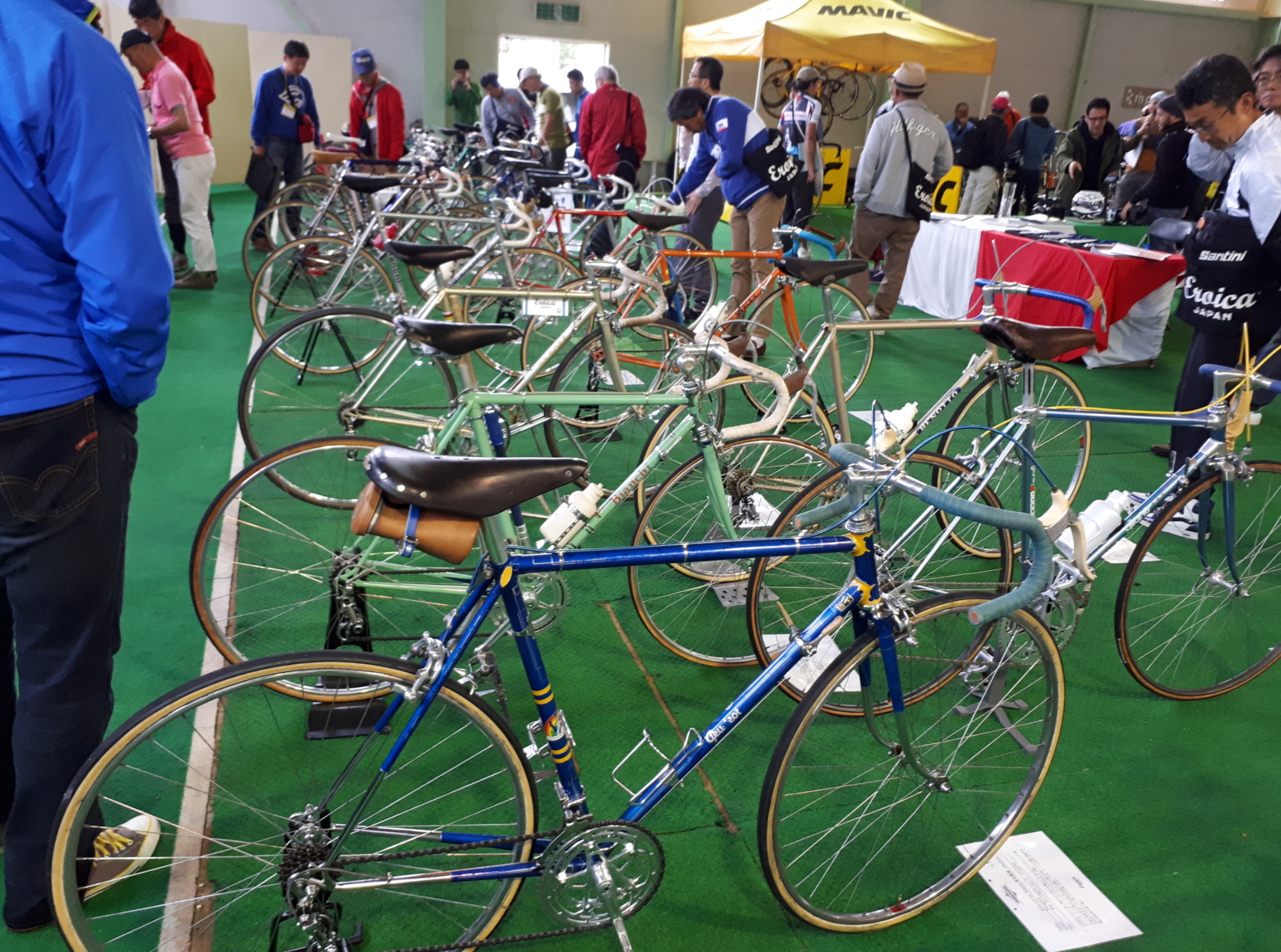
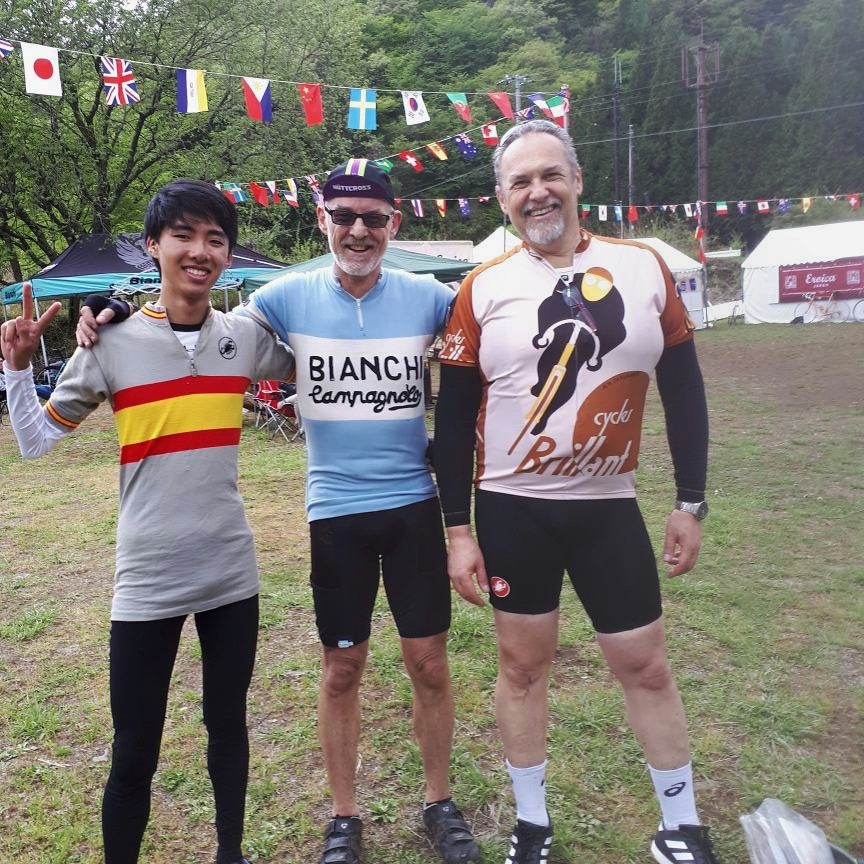
I rode with a young Japanese guy for a lot of the time, worried that I might get lost if I didn’t have a buddy who spoke the language. Sure enough, despite the best work of the marshalls and having an interpreter we still managed to do an extra 12 kms, riding around lake Motosu twice, but in two different directions. For anyone considering Eroica Japan, I would recommend a GPS or phone, you can always keep it in your pocket if it looks too hi-tech. Maybe having a figure-8 section in the course is not a great idea?
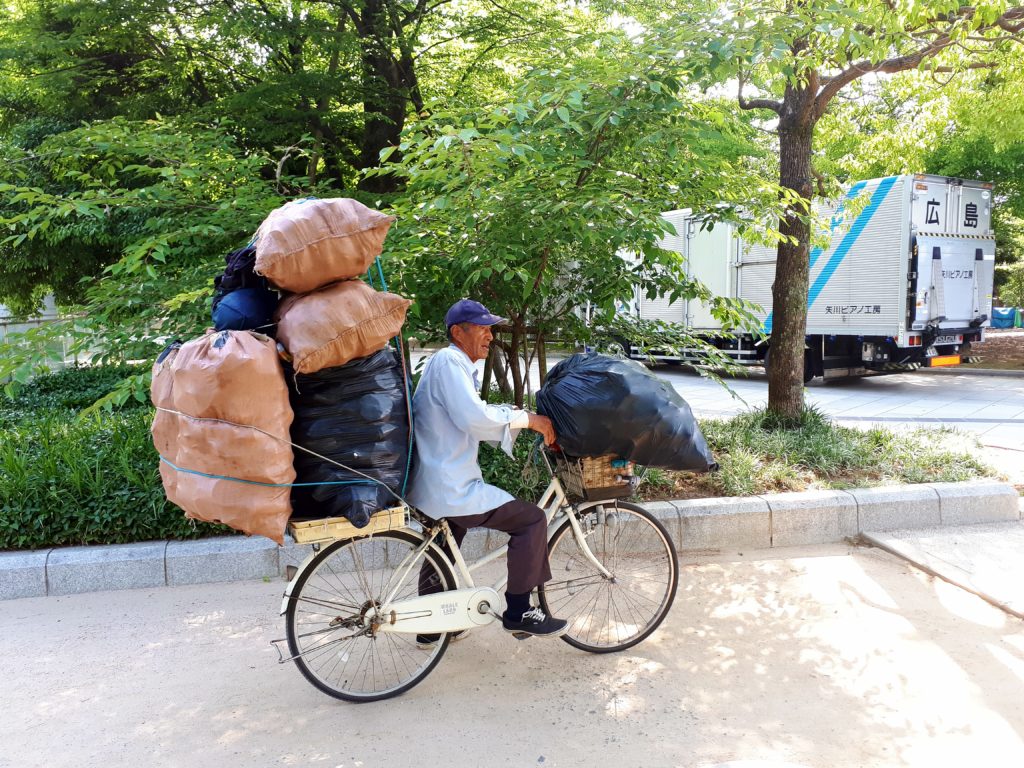
During the event there were several main check-points that sported chairs for relaxed dining and an assortment of food ranging from noodles in soup to biscuits and fruit. At least one check-point had a shrine, and an Aussie friend I met ended up riding with a local rider and got to partake in the ritual that they do when visiting such shrines. Some locals carry a little book in which they can collect a stamp from the shrines they visit in their travels.Fuji-sans non-appearance was a bit of a let-down, but it’s much the same as any major mountain around the world, there is always a good chance it will be hidden under a shroud of cloud.
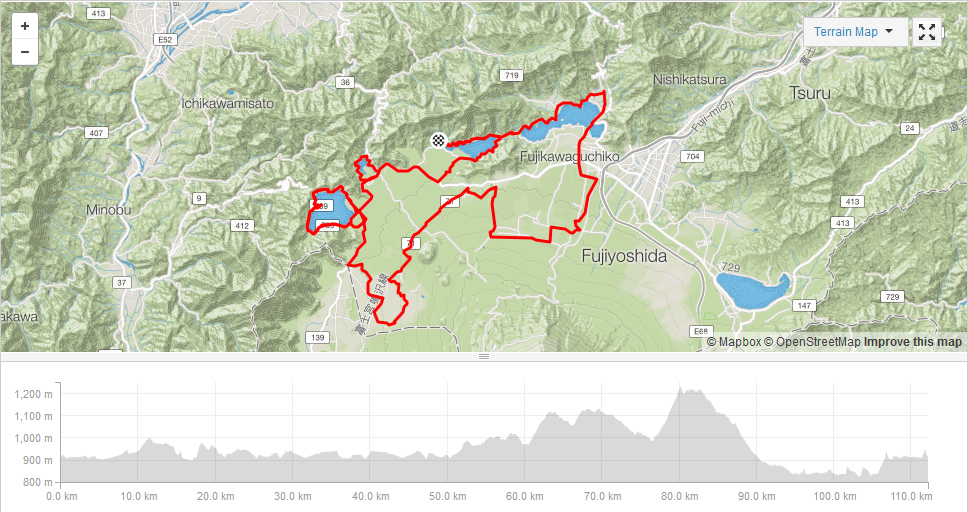
The course was not as hilly as expected, as you can see from the (Strava fly-by) with many riders admitting that they had saved themselves for a big climb, not realising that they had already done it. I was feeling much the same way at what must have been the highest checkpoint. About to head off on what I thought was the rest of the hill I was called back to do a 180 degree turn into a lovely off-road stretch (photo from teamzenyossy), but with the escort of a little red scooter. The scooter rider kept stopping at the tops of rises to wait for me which was good, as the signage was becoming harder to follow as the event wore on.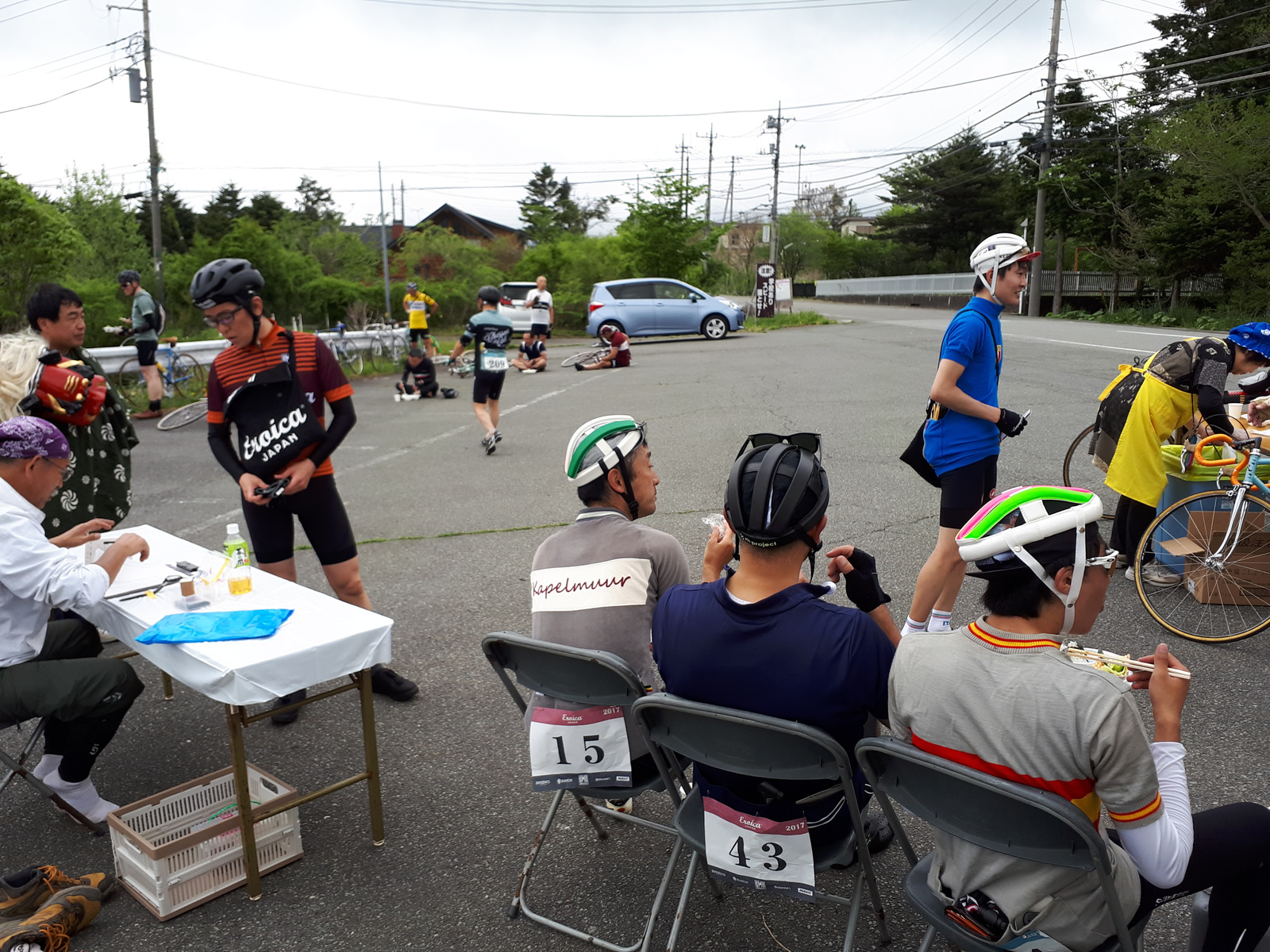
The final part of the course snaked its way through the built-up area of Kawaguchiko and finally along the Lake side and back to the start-finish area at Saiko lyashino-Sato Village. This shot from paolopennimartellicycling epitomises Eroica Japan to me, and it features my buddy Ran from New Zealand on the left. To be fair the total amount of off-road wasn’t much, so it was fully appreciated by me when I got to it. I had previously cut my Compass Barlow Pass Tire with an errant brake pad before leaving home and was running the Specialized Roubaix 30/32 tires which felt great on the mixed surfaces.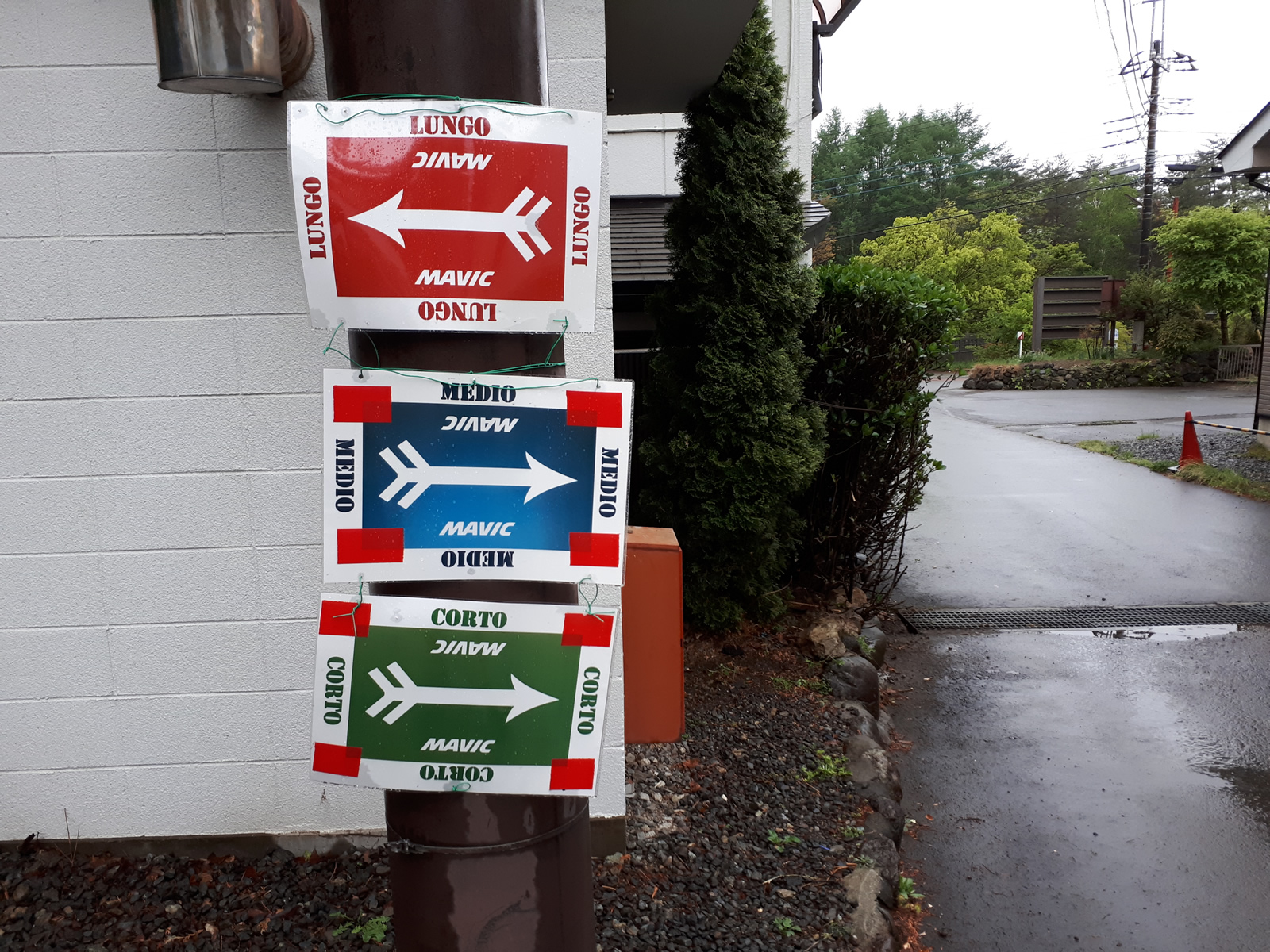
Before long the new Japanese friends I met the previous evening were at the finish-line and there was plenty of back slapping, congratulations and many photos taken.You can take your bike on the trains and buses in Japan as long as it has at least the front wheel pulled off and it is covered in a nylon cover. I had no issues at all with transporting my bike through the airlines until it came back to New Zealand and was mishandled by Air NZ staff between Auckland and Wellington.
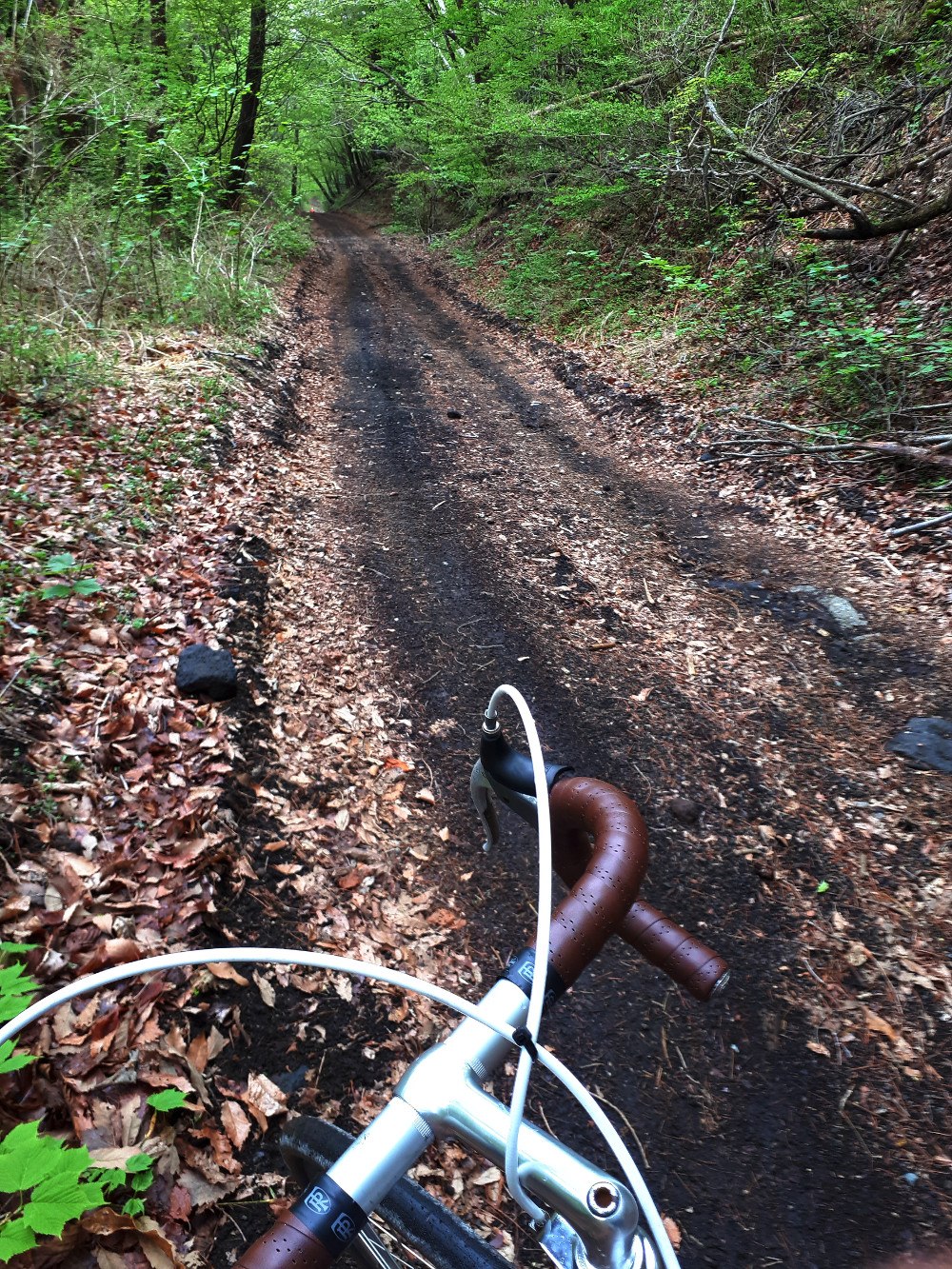
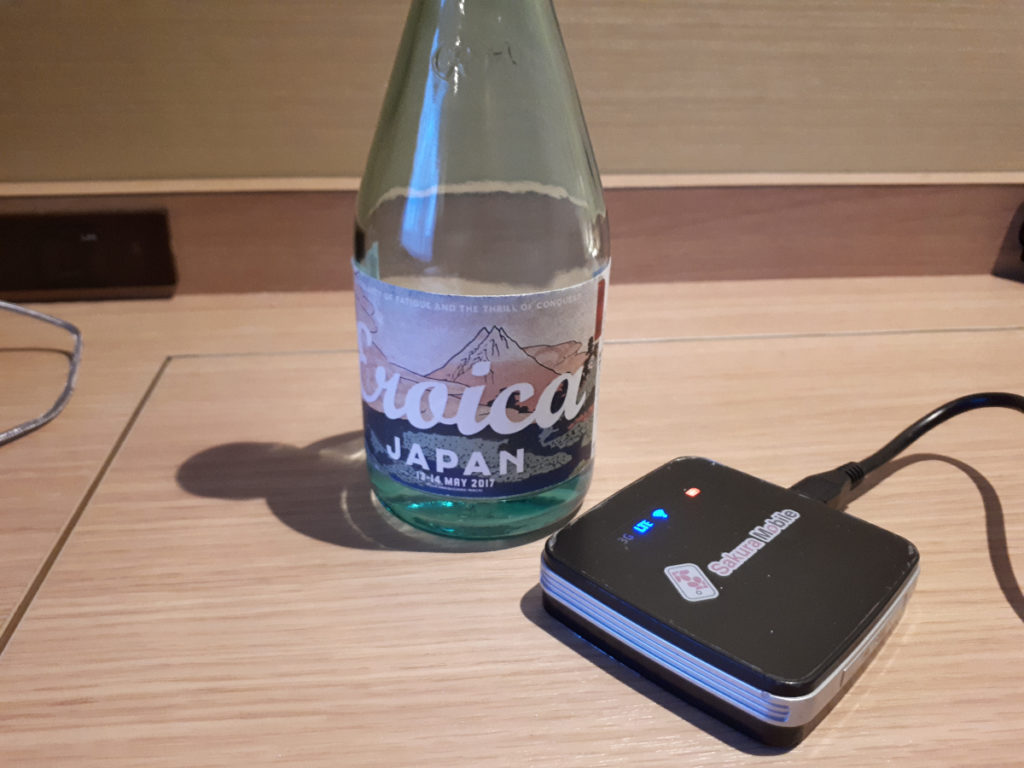
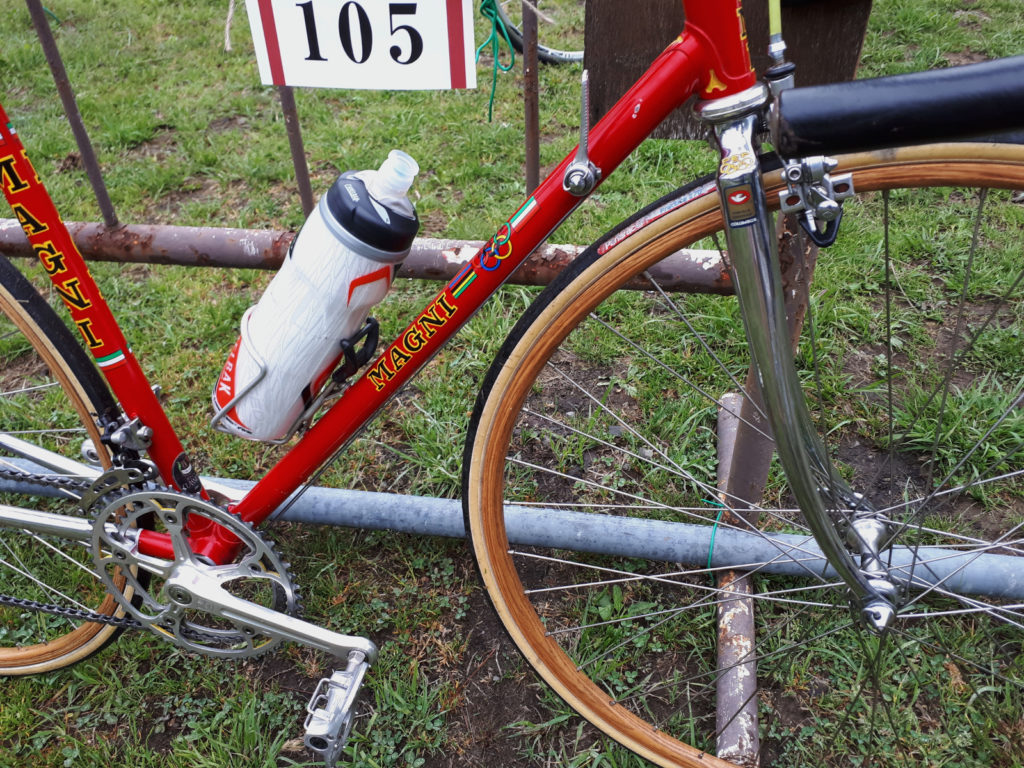
There was no Strade Bianchi in Eroica Japan, but there were some lovely segments of off-road you wont be finding in any of the other Eroicas around the world. Combined with a family holiday it was a unique experience I would recommend to anyone looking for something a bit different. Japan has a strong culture of cycle touring as well as a keenly developed appreciation of vintage bikes so you can’t really go wrong.
With a Japanese Rail Pass and trains that travel at up to 284 kmh it doesn’t take long to cover a lot of the country. The people are friendly and there is plenty of signage in english so you don’t have to get out of your comfort zone if you don’t want too. The Japanese have a few rules that you should take on board but they are only there to help you out, and ultimately make everything run smoother.
For the record we went to Shinjuku (Tokyo), Eroica (Kawaguchiko), Kanazawa, Kyoto, Kinosaki Onsen town, Osaka, Naoshima and Hiroshima in 16 days. We used the Japan-Guide.com website to help plan our trip.
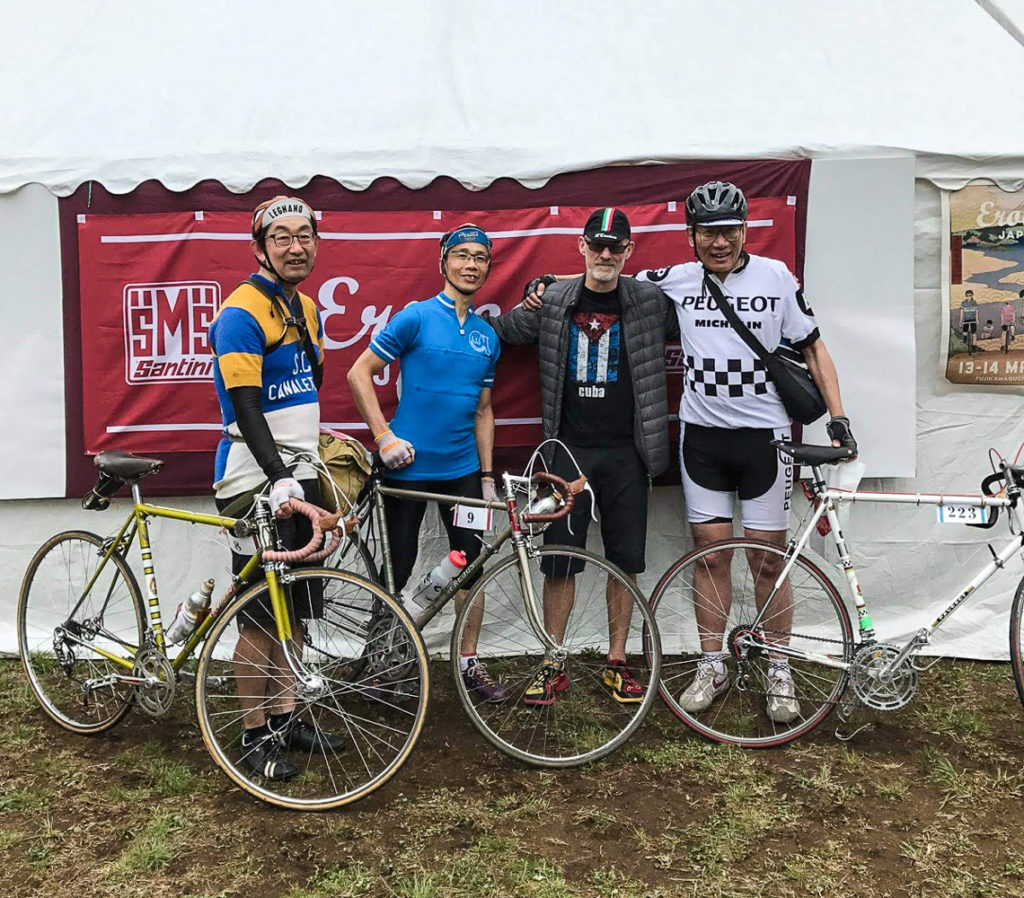 All photos are mine except those marked as supplied by my buddy Ran Mayron. To read more of my cycling related content please check out http://jeffsbike.blogspot.co.nz/
All photos are mine except those marked as supplied by my buddy Ran Mayron. To read more of my cycling related content please check out http://jeffsbike.blogspot.co.nz/



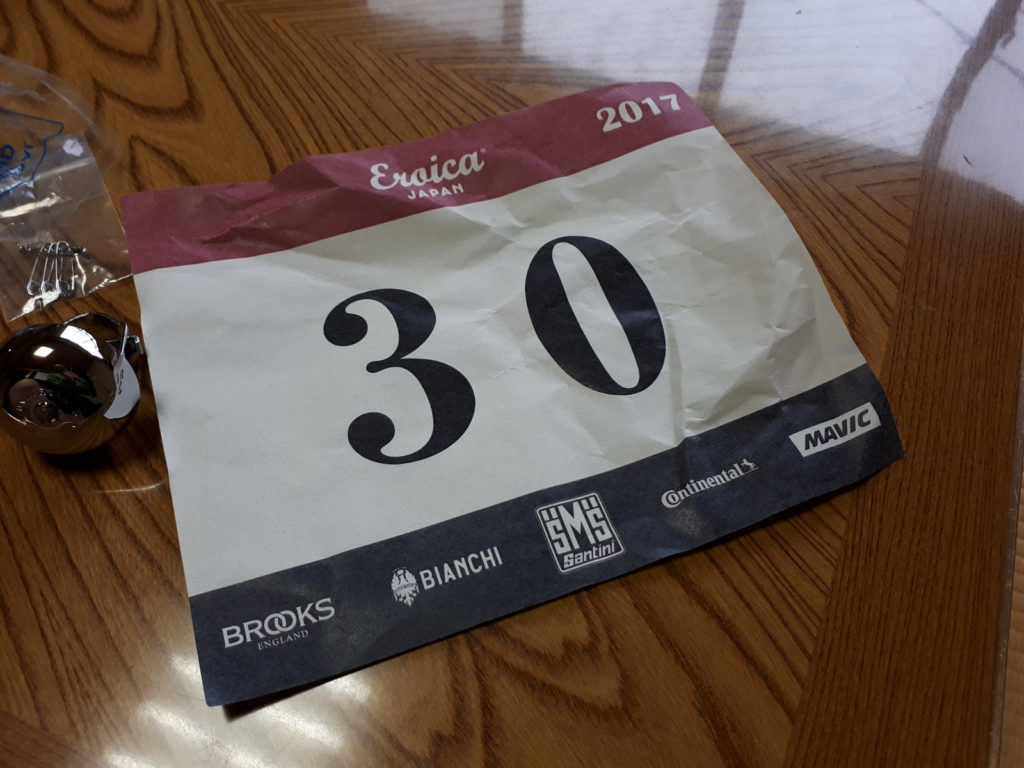
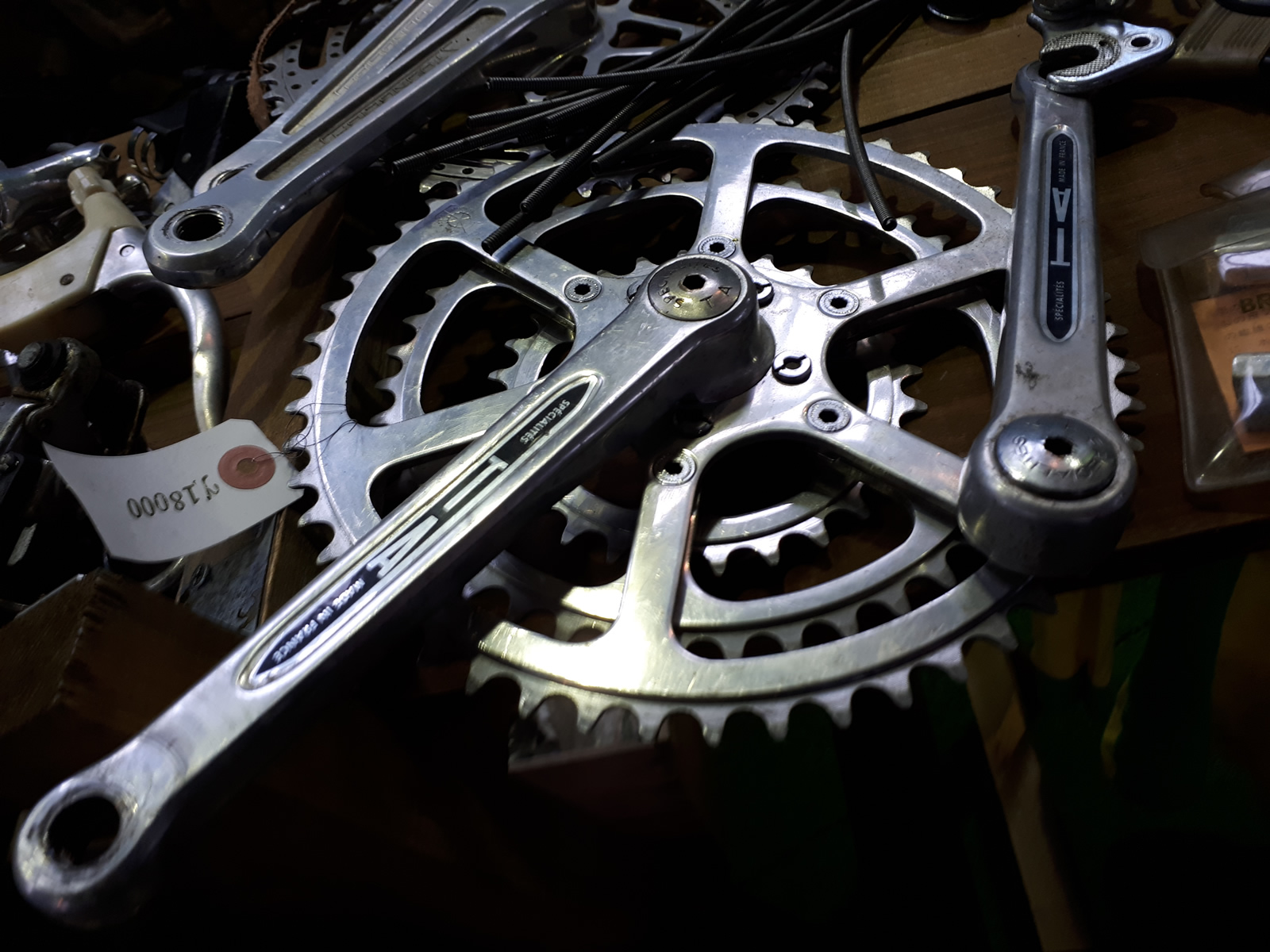
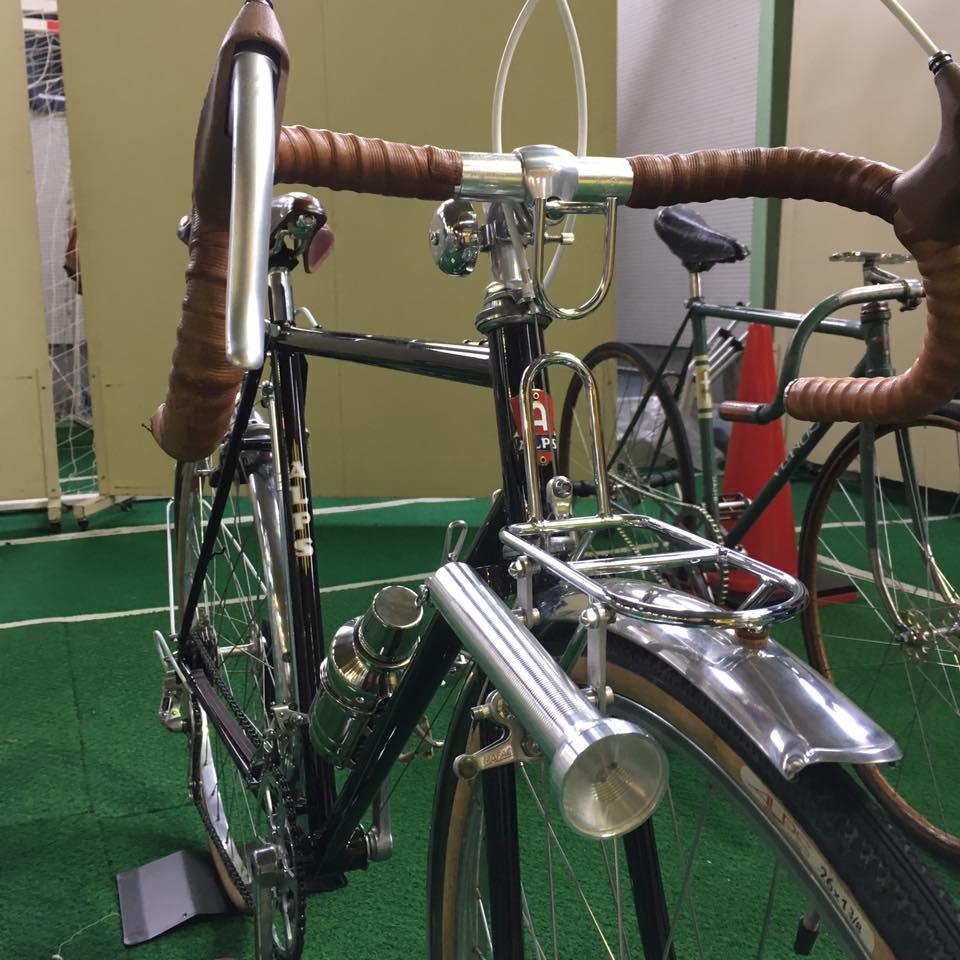
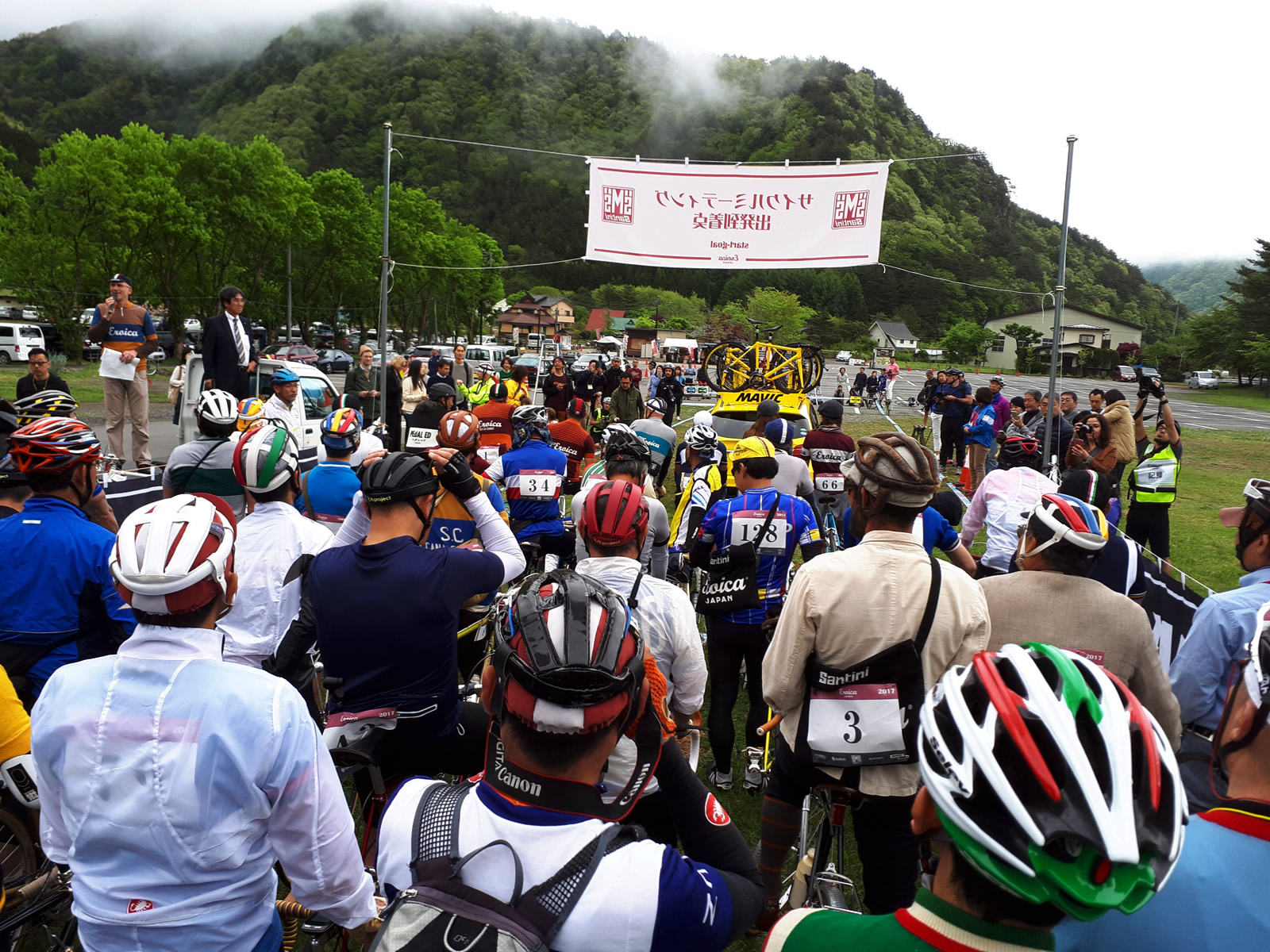
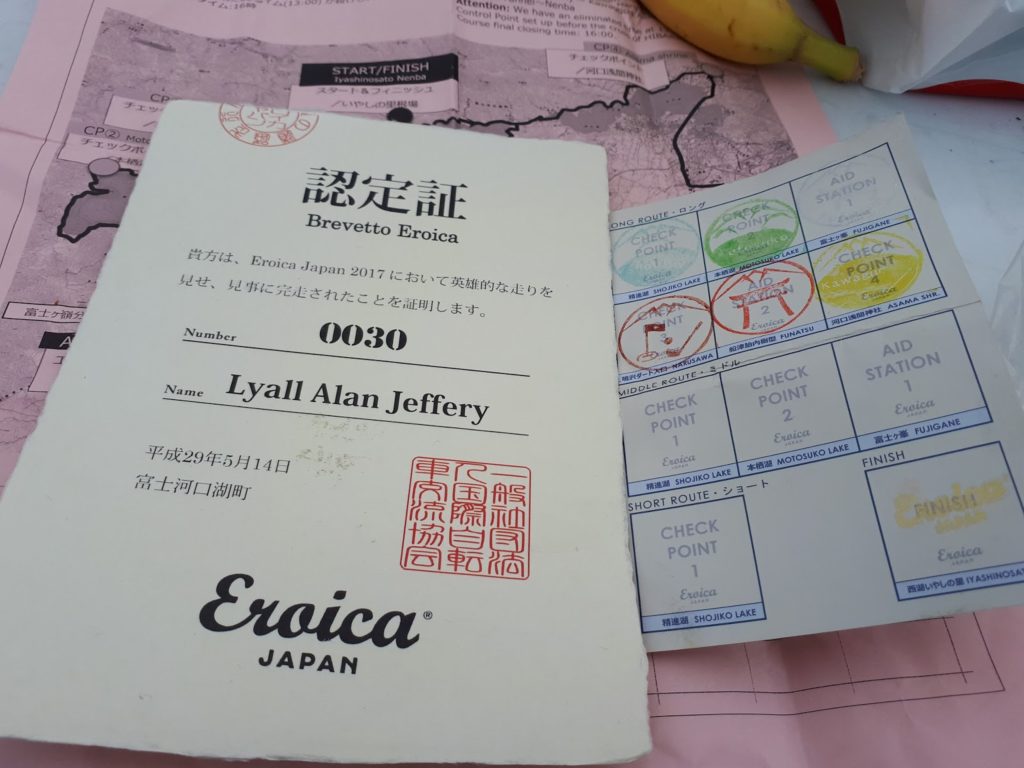
Leave a Reply